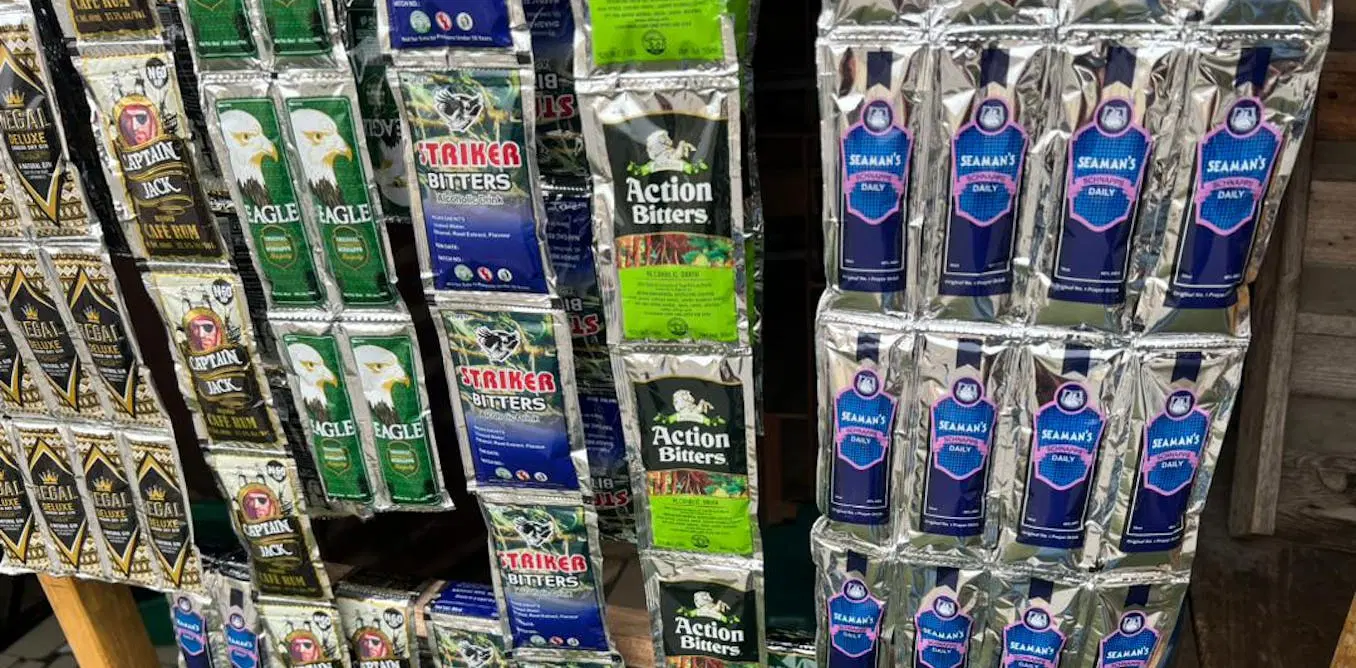Operators in the Nigeria’s poultry sector and businesses have on Monday warned that the poultry industry may collapse before the end of May following the prolonged scarcity of Naira in the country.
The Punch gathered that eggs were not being sold owing to the inability of consumers to purchase with cash.
According to the report, only 20% of the eggs laid since the first week of February this year by about 76 million commercial layers (birds) have been sold.
Speaking on behalf of farmers, the Director-General, Poultry Association of Nigeria, Dr Onallo Akpa, told The Punch in Abuja that prior to the Central Bank’s Naira policy, payment transactions have always been done using cash.
He said, “What we are facing since February is that people have no access to cash. The wholesalers who buy at the farm-gate price are to retail these eggs to consumers or retailers.
“But the consumers have no money to buy the eggs; even when they have the money in their accounts, they don’t have cash to pay for it. This is because many of the poor masses don’t have the resources to buy a crate of eggs, which is 30 in the crate.
“People pick five eggs, fry it for immediate consumption, while those who make tea and other light foods on the road, buy like half crates or at times 10 eggs, and these are based on cash transactions.”
According to Akpa, many poultry farmers have not been able to sell eggs because of the naira crunch since February, when the naira redesign policy became intense.
In his words, “We have over 76 million commercial layers laying eggs on a daily basis. We also have breeders laying eggs on a daily basis. Now, if people have no cash, there’s no way they would buy day-old chicks and restock on their farms. This is because on a daily basis you need money to buy feeds, medication and other important things.
“And if you don’t get money, how will you buy all these things to keep these birds? Also, you know that eggs are perishable. You can’t keep eggs for a maximum of 14 days, and unfortunately, this is a hot period. So if you are unable to sell these eggs in one week, they’ll go bad.
“This is where the colossal amount of money involved in the unsold eggs and the damaged eggs come from. And if this continues in the next one month or before we get the new government, then every other poultry farmer will close shop,” he declared.
He, however, provided measures that can secure the industry before the foreseen collapse in May.
Stating the measures, the DG said, “The mopping up of the eggs through the association for distribution to the most vulnerable old populations as part of the social investment support to Nigerians should be done by the government.
“The government should encourage the armed forces in various peacekeeping operations, the Nigerian prisons, Internally Displaced Persons and places, primary schools under the school feeding programme, among others, to be immediate off-takers of the eggs.”
Akpa called for financial support and grants from the government and associations to help alleviate the losses and retain the sector.










